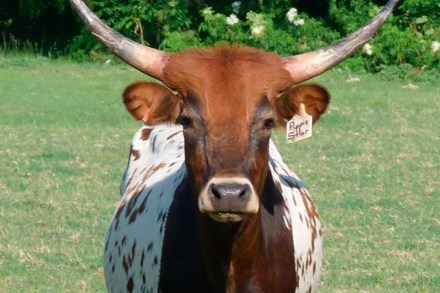Curiosity – and cats
To Jan Morris, I am anathema. That goes, too, for David Attenborough. It is a word that this unarguably great writer likes: ‘It rolls well off the tongue.’ Why are your reviewer and the great broadcaster anathema, you ask. Well, we have been to the zoo. In this almost entirely enjoyable book no-one comes in




















